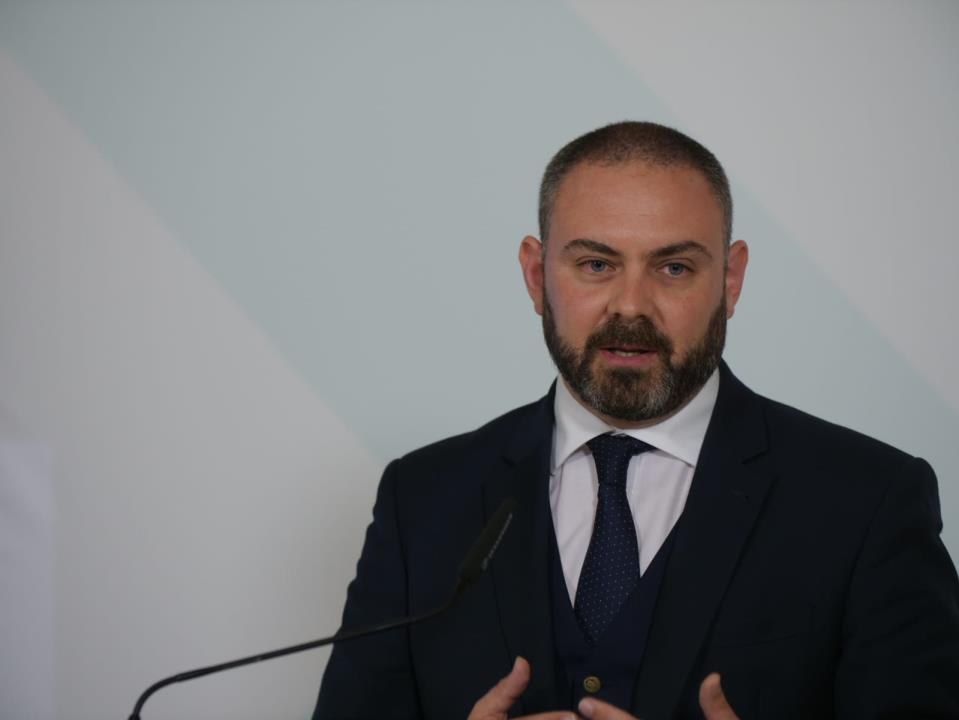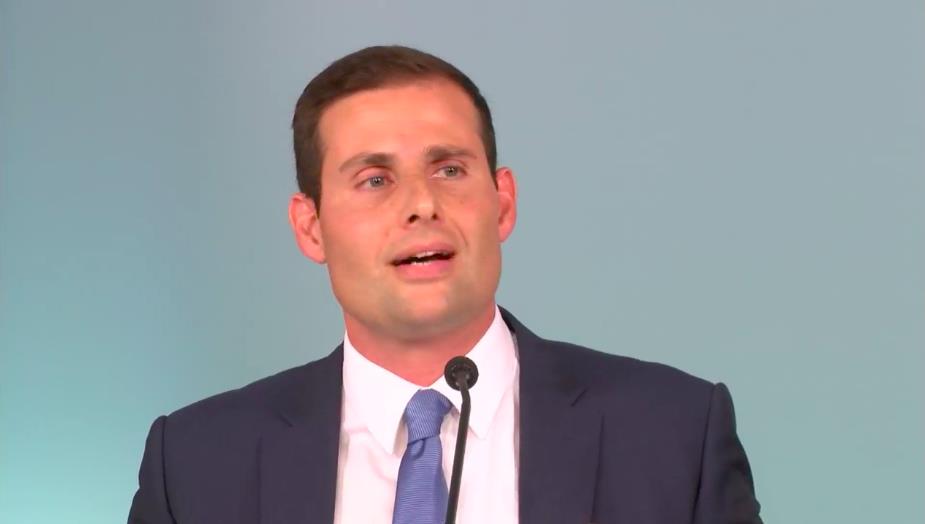PN MP Carmelo Mifsud Bonnici explained in a lengthy intervention in Parliament, that the opposition will not be voting in favour for the bill. "The Venice Commission might have suggested the bill in one way, does not mean that the labour government will follow it."

He explained that the government had not taken on the suggestion to establish the requirement of a two-thirds majority to appoint the AG. "What we see here is the government delegating the choice of AG to a board", said Mifsud Bonnici. The discussions on a Bill which will split the AG's roles into two started in Parliament on Monday.
Mifsud Bonnici highlighted that Parliament would have been capable of coming to a two-thirds agreement on who to appoint AG, just like what it has been doing when it came to the appointing of the Ombudsman and the Auditor General.
Minister for Justice, Culture and Local Government Owen Bonnici has moved forward the second reading on the bill which separates the Attorney General's dual role in Parliament today.
In a statment he stated that this Act will continue to implement reforms in the judicial sector by providing numerous measures where the Attorney General's functions as the primary public prosecutor and as the primary legal counsel to the Government are separated and carried out by different and independent officials and institutions.
"For this aim, a new role of a State Advocate is to be created. This role will also be recognised within the Constitution and its holder will have the same obligations and enjoy the same protection as enjoyed by the Attorney General and the members of the judiciary. The State Advocate will be the primary consultant of the Government in relation to law and legal opinions and will be explicitly obliged to act in the public interest and safeguard the legality of the State actions," Minister Bonnici continued. The State Advocate will carry out their functions through and independent Agency established by law in the same manner that the Attorney General carries out their functions.
Minister Bonnici stated that the State Attorney's appointment method will be on par with that of the Attorney General, however, before the President passes on their recommendation, the Prime Minister is obliged to give appropriate consideration to the recommendations of an Appointment
Commission's which will arrive to its opinion after a public call for applications. The same procedure is to be eventually carried out for the Attorney General's role once this is vacated.
The Attorney General's duties in relation to the prosecution sector will be increased as the office will be given new powers to demand that the Police investigate some cases, to ask information on the state of investigations to the Police and to demand the Police to issue any charge for any crime. The Attorney General will also have the authority to be the prosecutor in the courts in relation to any crime, subject to adequate transitory measures.

The bill also aims to facilitate the separations of investigative functions which are generally carried out by the Police, but are carried out by other specialised public agencies in certain particular areas, from the prosecutorial functions. The aim for this is so that eventually prosecutions are carried out by the Attorney General's Office. However, it is being envisaged that in this area there will be the need to have adequate transitional measures and full collaboration with the Police's prosecution unit which is being formed and which is to have an important role in the strengthening of the prosecution services.
This bill is also proposing consequential changes in other laws, including the Constitution so that an adequate legal basis and to facilitate the transition of the Attorney General's functions which will be passed on to the State Advocate.
Minister Bonnici concluded that the Bill also provides for the possibility of transitional measures with the aim that changes are done in an orderly fashion and in a manner to avoid disputes in the prosecution and Government legal services sectors which are essential for governance and general public order.

PL MP Robert Abela commented that it was ironic that the opposition would vote against the amendment, after they argued that the government never follow the Venice Commission. "The Nationalist Party has argued that the government must take note of the Venice Commission, yet they vote against this amendment which reflects points of the Venice Commission." He said that the Nationalist Party should reconsider their decision, as the government is pushing for change which will benefit the population. "If we are following the Venice Commission report, the opposition cannot say we are not."